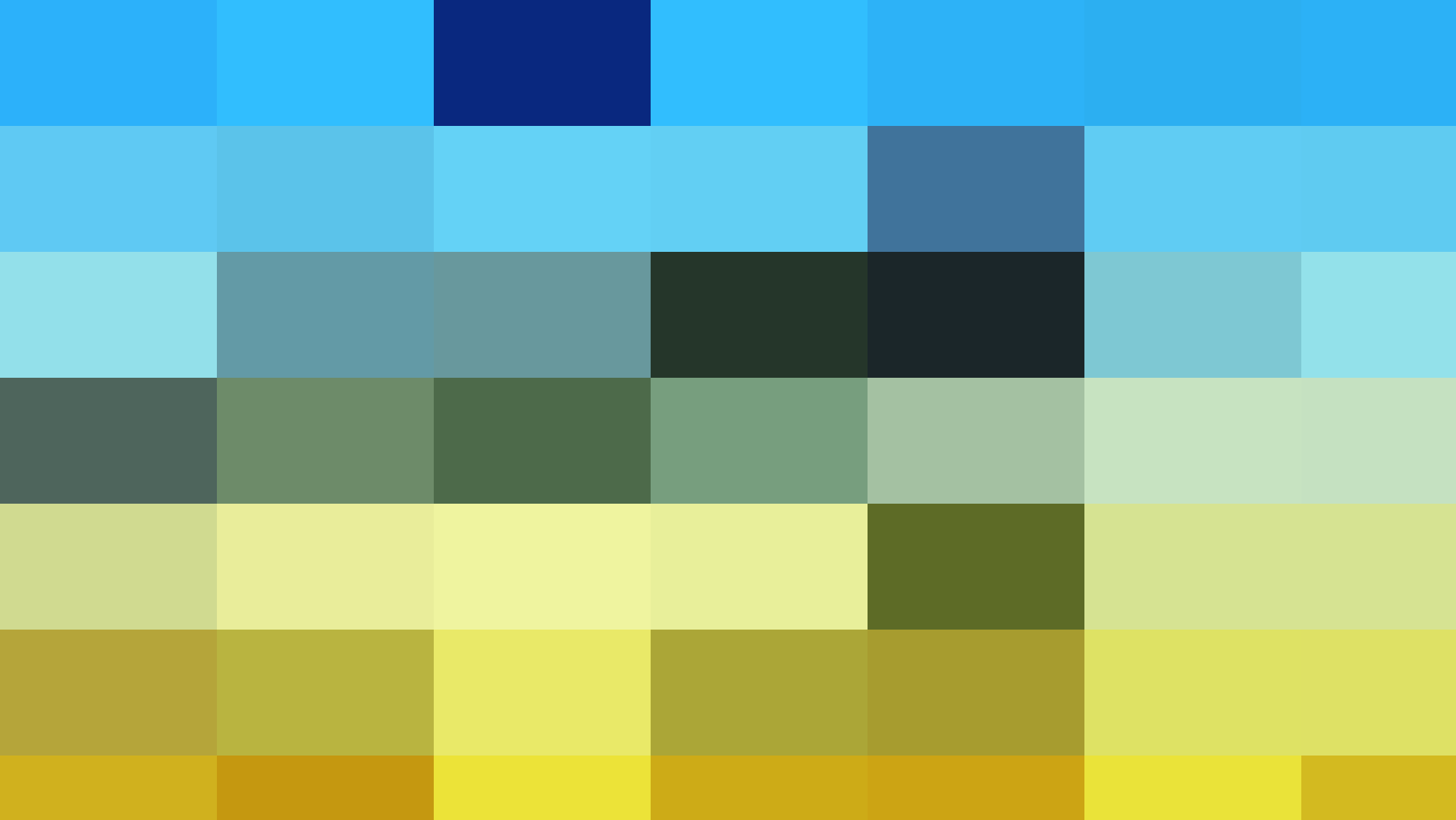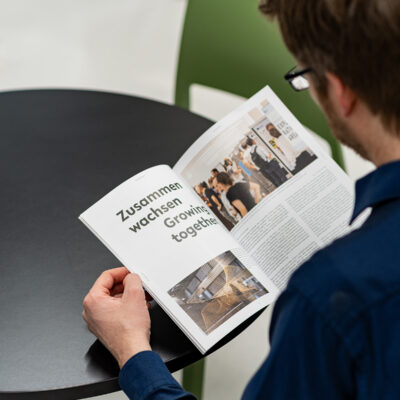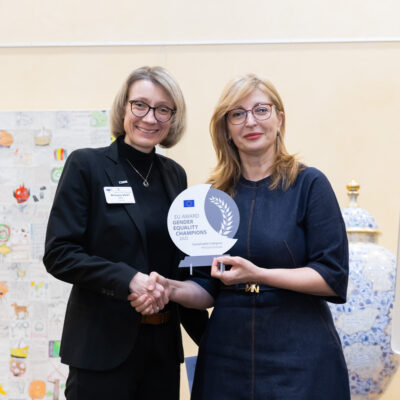Putin is like Stalin or Hitler; Mariupol is a second Stalingrad: many comparisons are made when reporting on the Russian invasion of Ukraine. On the one hand, this helps us to understand the situation. On the other hand, comparisons can be dangerous. ‘It’s because they’re not neutral, they can manipulate,’ says historian Professor Dr Antje Flüchter. The spokesperson for the Collaborative Research Centre 1288 ‘Practices of Comparing’ (SFB 1288) explains what makes a good comparison and why some comparisons are to be avoided.
Since the start of the Ukraine war, Putin–Hitler comparisons have not been uncommon in the media. Has there now been a shift in the limits of what can be said?
Yes, there has. Saddam Hussein was also compared to Hitler or Stalin. At the time, it seemed very bombastic to us. It has become much more commonplace now, because atrocities such as the Bucha massacre are happening close to us, and we didn’t expect that. The US historian Anne Applebaum writes that propaganda under Putin and the propaganda under Third Reich are very similar, that the ‘Z’ functions in a similar way to the swastika, and that similar language is used. On the one hand, this comparison explains a lot to us. However, it only works if we assume that the systems being compared are fascist. That is difficult, because the view of what is fascist changes depending on what perspective we take.

© Bielefeld University/P. Ottendörfer
Why do we compare at all?
Comparisons explain and evaluate. We need comparisons to understand things we don’t yet know and to explain things to others. When comparisons are well ‘made’, they can be very convincing. But therein lies the danger. Comparisons are not neutral or objective, but can manipulate—for better or for worse. That is why we are taking a closer look at practices of comparing in SFB 1288. A simple example: when I compare apples, I can do it according to taste or price. Depending on which criterion I use for my comparison, I get a different result. It must be clear to me that I am the one choosing the criterion. If I then compare countries or even people, things can become dangerous. Our understanding of Western dominance and superiority is largely fed by such comparisons. And these comparisons are relevant today when assessing the situation in Ukraine.

© Philipp Ottendörfer
When comparisons are well ‘made’, they can be very convincing. But therein lies the danger. Comparisons are not neutral or objective, but can manipulate—for better or for worse.
How can we determine whether an analogy is good or bad, legitimate or misleading?
We have to distinguish functional from moral-normative comparisons. In terms of function, of course, a comparison is good if it works. As an early modern historian, I discuss the Holy Roman Empire with students. So that they don’t get a fairy-tale king idea and think that the emperor commanded and the duke of Bavaria followed, I compare the empire with the European Union in which even Brussels cannot simply tell Italy what to do. The comparison falls short, of course, but it does explain important aspects of how things were at the time. We also have to distinguish between academia and journalism or public discourse: when I report and explain something as a person of today, I have to reflect on my spokesperson position and consider which comparisons are appropriate. If I am Putin’s press spokesperson, I choose different comparisons. For me as Antje Flüchter here in Bielefeld, these are completely illegitimate; for him, it is different.
Is it the same whether Germans or Ukrainians draw these comparisons?
In Germany, it is right for us to be very careful about making comparisons with the Third Reich, especially with the Holocaust. Because when we compare something to the Holocaust, it often leads us to relativize it and to relativize our responsibility. When we speak about Putin’s war, it often leads us to say: well, but the people in Russia support it. Then we are not far from saying: so, the Russians are partly to blame for the situation, just like we Germans were at the time. And this comparison relativizes the guilt of the Germans. Personally, I think we Germans should not make comparisons with the Holocaust. When the Ukrainian government makes such a comparison, it wants to emphasize the human rights violations and war crimes that are happening. Their aim is to get help. And I find it difficult to sit here in Germany and tell someone who experienced the conquest and siege of Mariupol that she or he should not compare it to the Second World War or the Nazis.
How appropriate is it to compare the situation in Ukraine with the conflict between China and Taiwan?
The comparison shows that China and Russia are world powers. Both have laid claim to a smaller country on flimsy historical grounds. One has already invaded; the other is threatening to do so. So, there are structural similarities. The question remains: what is the point of this comparison? Or even more interesting: what are we not comparing at the moment? When Saddam Hussein attacked Kuwait, the USA interfered and the Second Gulf War began. We do not compare either with this, because it would raise a lot of questions: for example, that the West can intervene in a country that can be defeated. At the beginning of the Russian invasion, there were pictures of destroyed cities that were compared in the news with pictures from Dresden and Syria. Pictures from Mosul could also have been shown. That would be possible, but comparing Ukrainian cities with Mosul would no longer compare Russia or Putin with Hitler or Nazi Germany, but with the US and NATO. So, it’s just as interesting to see what people don’t dare to compare, because the comparisons would make us think in a completely different way.





